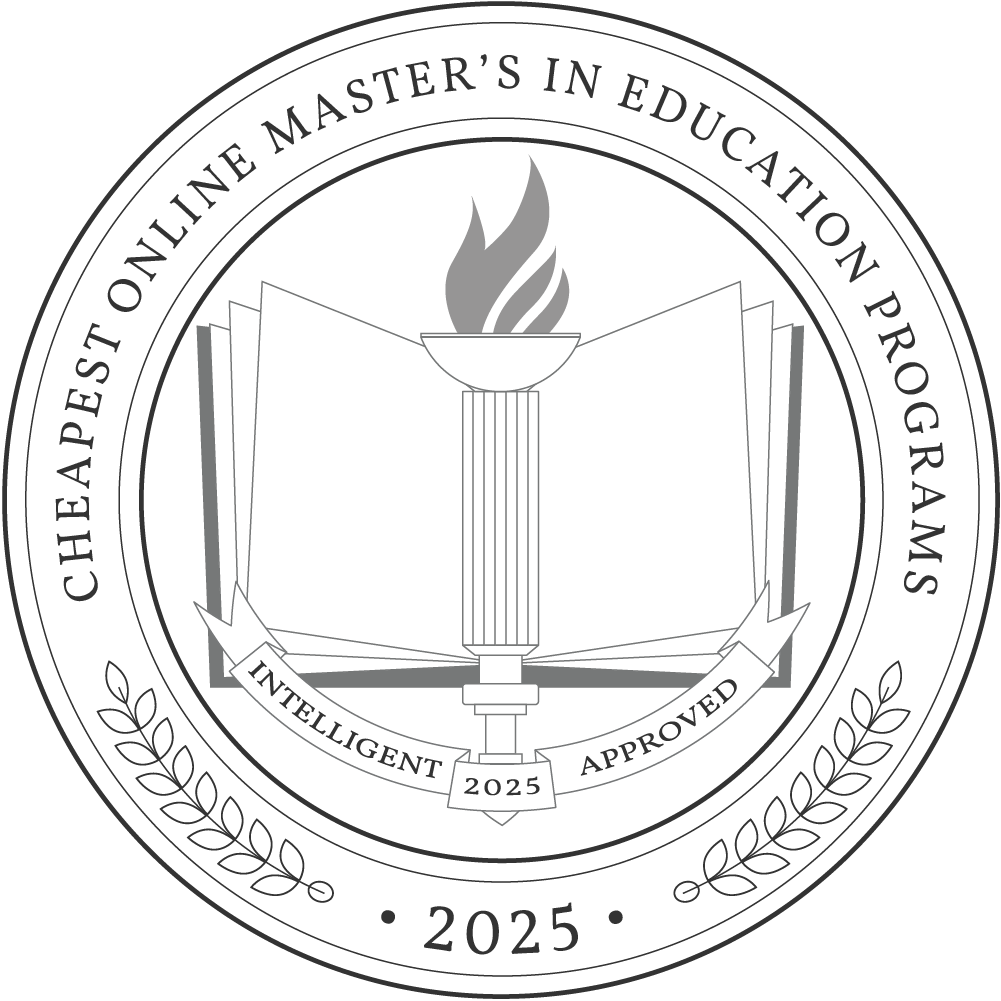The cost of tuition can be a significant consideration for those interested in pursuing an online master’s in education. While investing in education is always worthwhile, the price tag can be intimidating, and finding an affordable program can be crucial. However, there are several options for those seeking the most cost-effective route to earning their degree.
In this article, we’ll explore some of the cheapest online master’s in education programs and look closely at factors influencing the overall cost, such as tuition and location. We will also examine different forms of financial aid that can help lower the cost of education, from scholarships and grants to work-study programs and student loans. So, whether you’re looking to advance your career in education or are interested in making a career change, this guide can help you find an affordable online master’s program that meets your needs and budget.
Why Trust Us
The Intelligent.com Higher Education Team is dedicated to providing students with independent, equitable school and program rankings and well-researched resources. Our expert-driven articles cover topics related to online colleges and programs, paying for school, and career outlooks. We use data from the U.S. Department of Education’s College Scorecard, the National Center for Education Statistics, and other reputable educational and professional organizations. Our academic advisory team reviews content and verifies accuracy throughout the year for the most current information. Partnerships do not influence rankings or editorial decisions.
- Analyzed over 2,000 national, accredited, and nonprofit colleges and universities
- 800+ rankings pages are reviewed and updated yearly
- Content is informed by reputable sources, surveys, and interviews with academic advisors and other experts
- Over 100 data points are reviewed for accuracy and quality throughout the year, including sources
How we rank schools
Our list features the cheapest online master’s in Education degree programs at top colleges nationwide. Each school featured is a nonprofit, accredited institution — either public or private — with a high standard of academic quality for post-secondary institutions.
We evaluated each school’s program on tuition costs, admission, retention and graduation rates, faculty, reputation, and the student resources provided for online students. We collected data from trusted sources like the National Center for Education Statistics, individual school and program websites, school admissions counselors, and other data sources. Then, we calculated the Intelligent Score on a scale of 0 to 100 based on the following criterion:
Academic Quality:
- Admission rate versus enrollment rate
- Retention rate of students who return after year one
- Accreditation status (regional and programmatic)
- Nonprofit status, both private and public institutions
Graduation Rate
- Overall graduation rate
- Total number of currently enrolled students, including diversity metrics
- Student-to-faculty ratio
Cost and ROI
- In-state and out-of-state per-credit tuition rates and fees
- Required credits to graduate
- Earning potential after graduation
- Availability of federal student loans, scholarships, and other financial aid options
Student Resources
- Available student services for online-only and hybrid programs
- On-campus amenities like tutoring centers and the number of libraries
Read more about our ranking methodology.
Best 50 Cheapest Online Master's in Education Programs
FiltersInstitution Type
Status
- Intelligent Score
- Alphabetically By University Name
- Acceptance Rate
- Enrollment
- In-state Graduate Tuition
- Out-of-state Graduate Tuition
- In-state Undergraduate Tuition
- Out-of-state Undergraduate Tuition
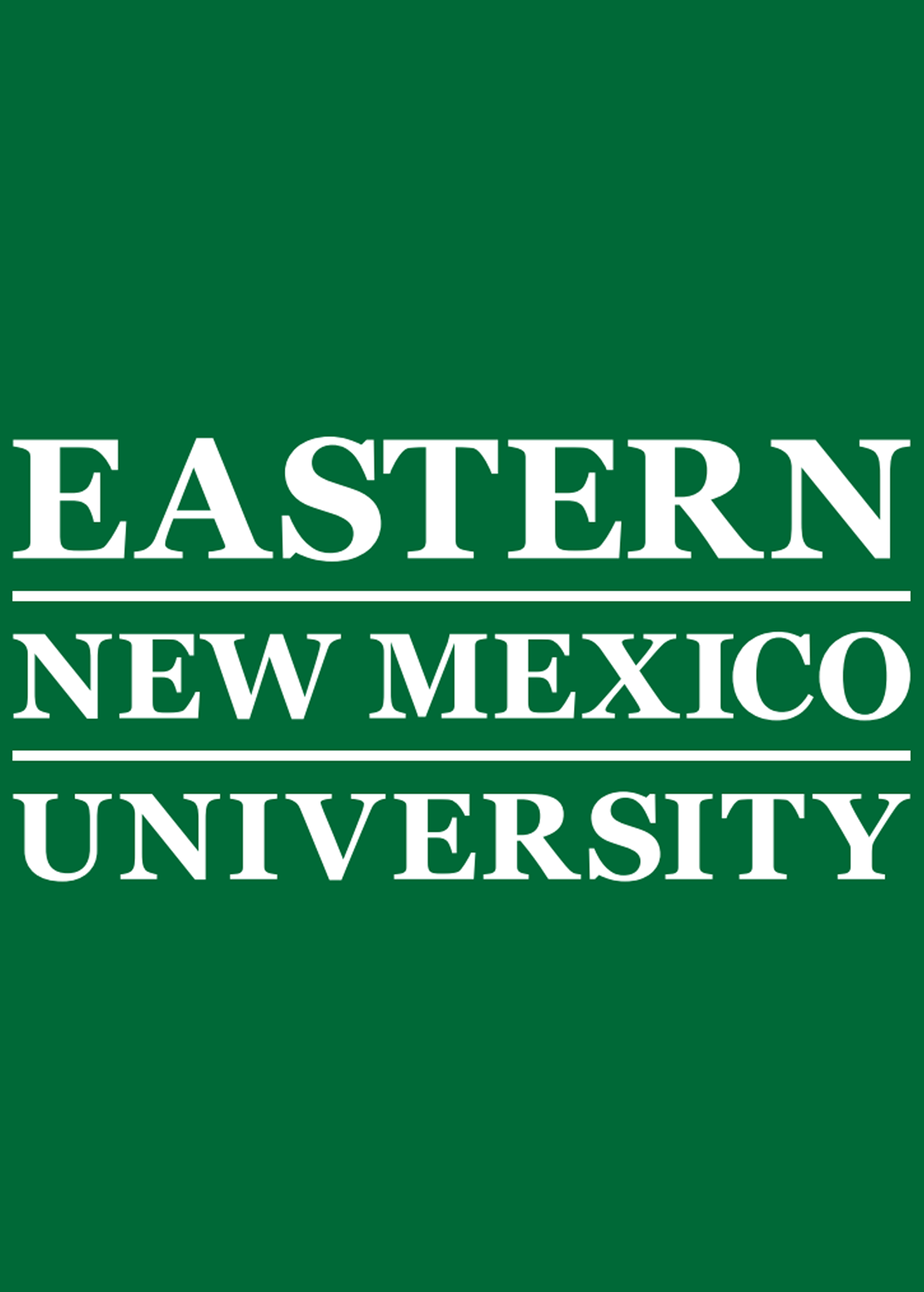
Eastern New Mexico University
Intelligent Score: 99.97In-state: $4,074
Out-of-state: $6,114
In-state: $5,351
Out-of-state: $5,351
SAT: 950-1160
ACT: 17-23
Resident: $317
Non-Resident: $415
Online
Higher Learning Commission
36
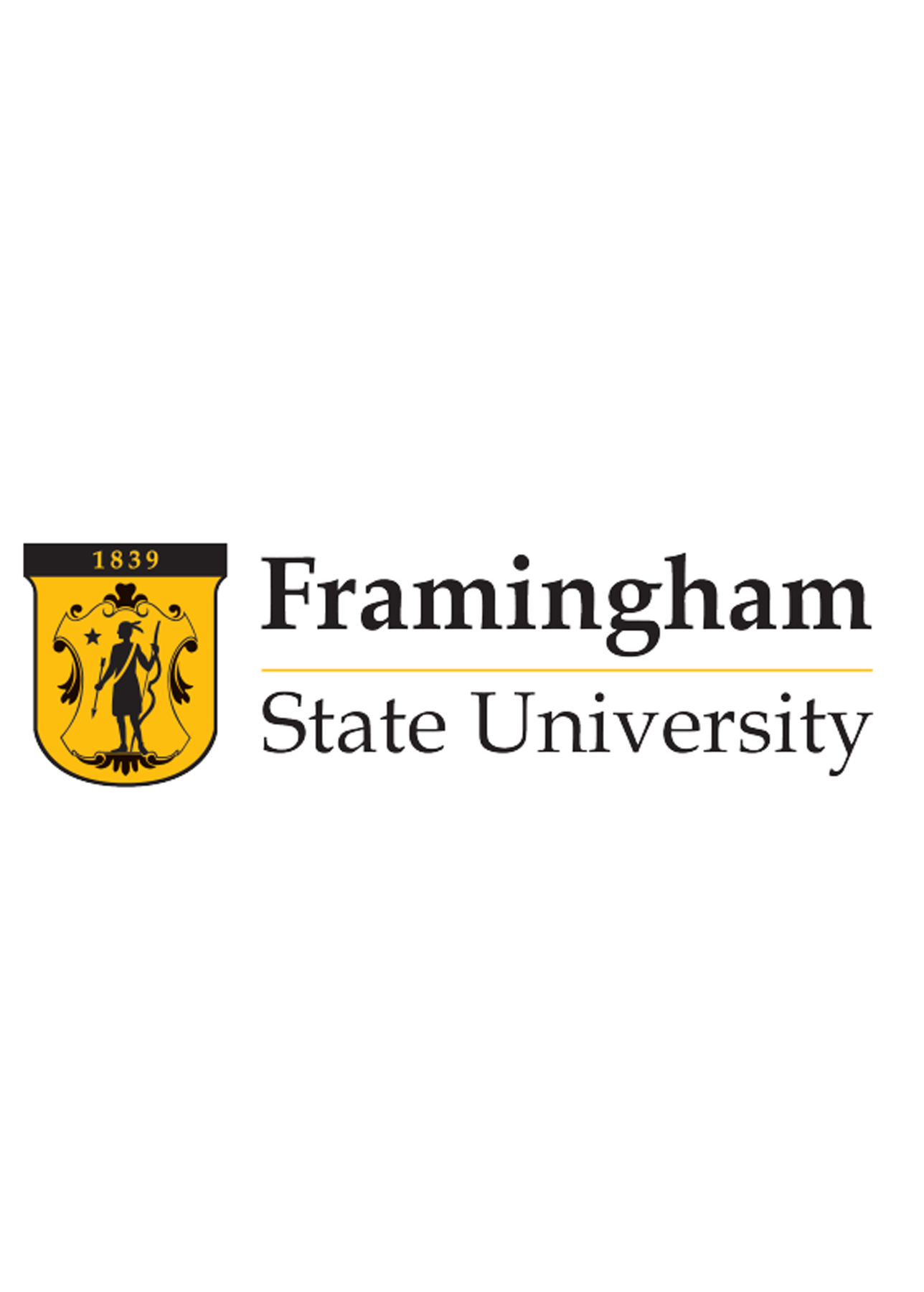
Framingham State University
Intelligent Score: 99.27In-state: $970
Out-of-state: $7,050
In-state: $1,680
Out-of-state: $1,680
SAT: 950-1130
ACT: 19-25
$463
Online
New England Commission of Higher Education
30
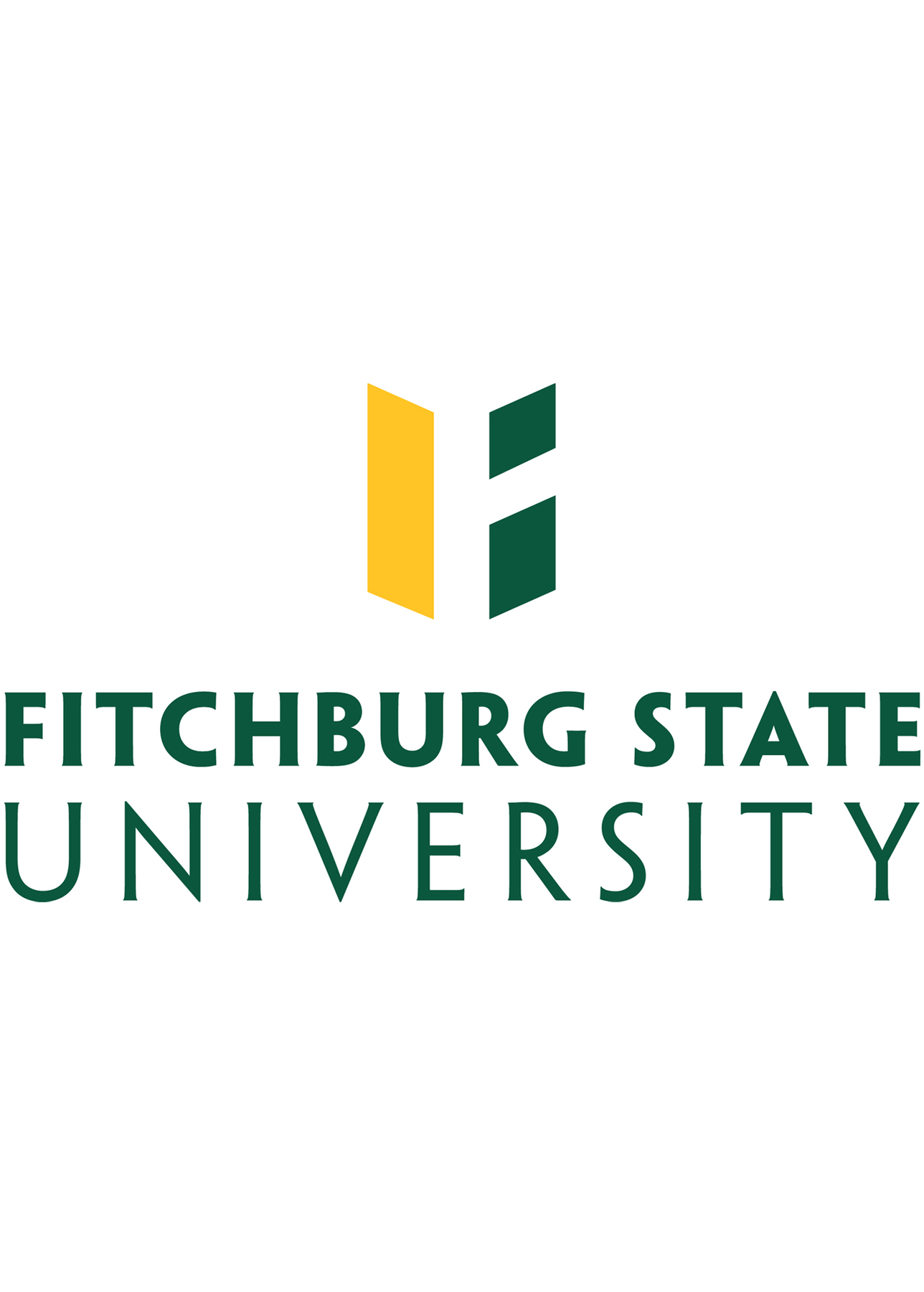
Fitchburg State University
Intelligent Score: 98.71In-state: $970
Out-of-state: $7,050
In-state: $3,420
Out-of-state: $3,420
SAT: N/A
ACT: N/A
$385
Online
Association for Advancing Quality in Educator Preparation
33-36

Valdosta State University
Intelligent Score: 96.46In-state: $4,371
Out-of-state: $15,426
In-state: $4,572
Out-of-state: $4,572
SAT: 990-1140
ACT: 19-23
$299
Online
Southern Association of Colleges and Schools Commission on Colleges
30-36

University of the Cumberlands
Intelligent Score: 95.11In-state: $9,875
Out-of-state: $9,875
In-state: $4,282
Out-of-state: $4,282
SAT: 930-1140
ACT: 19-24
$315
Online
Southern Association of Colleges and Schools Commission on Colleges
30

University of West Georgia
Intelligent Score: 94.99In-state: $4,371
Out-of-state: $15,426
In-state: $4,338
Out-of-state: $4,338
SAT: 900-1090
ACT: 17-22
$241
Online, On-Campus
Southern Association of Colleges and Schools Commission on Colleges
36

Southern Arkansas University
Intelligent Score: 94.88In-state: $6,420
Out-of-state: $11,460
In-state: $5,112
Out-of-state: $5,112
SAT: N/A
ACT: 19-25
In-State: $402
Out-of-State: $580
Online
Council for the Accreditation of Education Preparation
30-60

Morningside University
Intelligent Score: 94.56In-state: $59,784
Out-of-state: $59,784
In-state: $54,672
Out-of-state: $54,672
SAT: 1040-1210
ACT: 20-25
$348
Online
Higher Learning Commission
32

Fort Hays State University
Intelligent Score: 91.92In-state: $4,140
Out-of-state: $14,580
In-state: $3,726
Out-of-state: $3,726
SAT: N/A
ACT: N/A
$338
Online
Council for the Accreditation of Education Preparation
36

Arkansas State University
Intelligent Score: 91.90In-state: $5,232
Out-of-state: $10,800
In-state: $4,986
Out-of-state: $4,986
SAT: 1000-1220
ACT: 20-26
$340
Online
Council for the Accreditation of Education Preparation
30-48
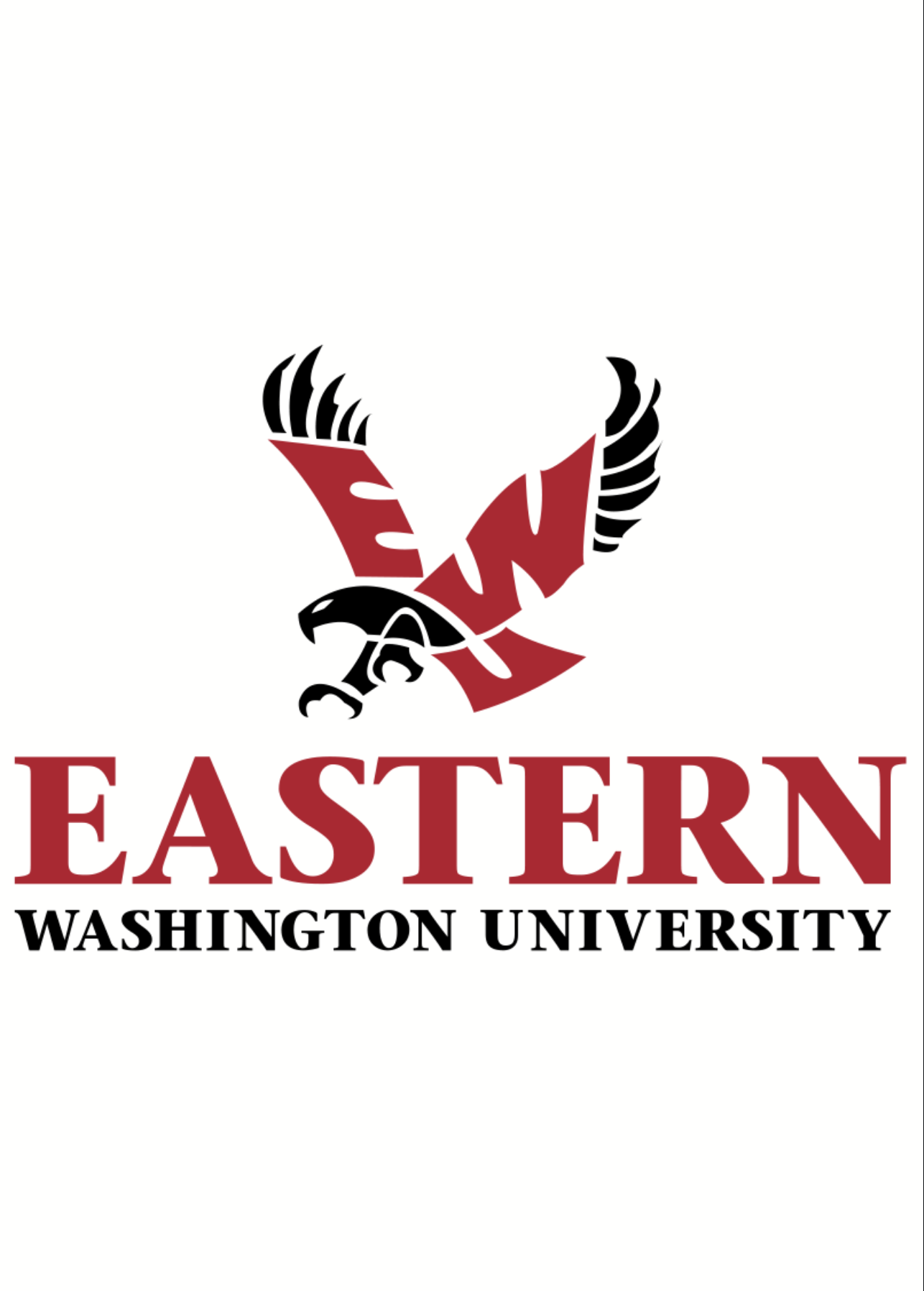
Eastern Washington University
Intelligent Score: 91.45In-state: $6,707
Out-of-state: $24,676
In-state: $12,015
Out-of-state: $12,015
SAT: 880-1090
ACT: 16-23
$325
Online
Northwest Commission on Colleges and Universities
49-50

Lamar University
Intelligent Score: 91.35In-state: $6,129
Out-of-state: $15,945
In-state: $6,397
Out-of-state: $6,397
SAT: 943-1140
ACT: 17-23
$342
Online
Southern Association of Colleges and Schools Commission on Colleges
33

Concordia University Chicago
Intelligent Score: 90.88In-state: $32,660
Out-of-state: $32,660
In-state: $9,090
Out-of-state: $9,090
SAT: 990-1180
ACT: 19-25
$505
Online, On-Campus
Council for the Accreditation of Education Preparation
30
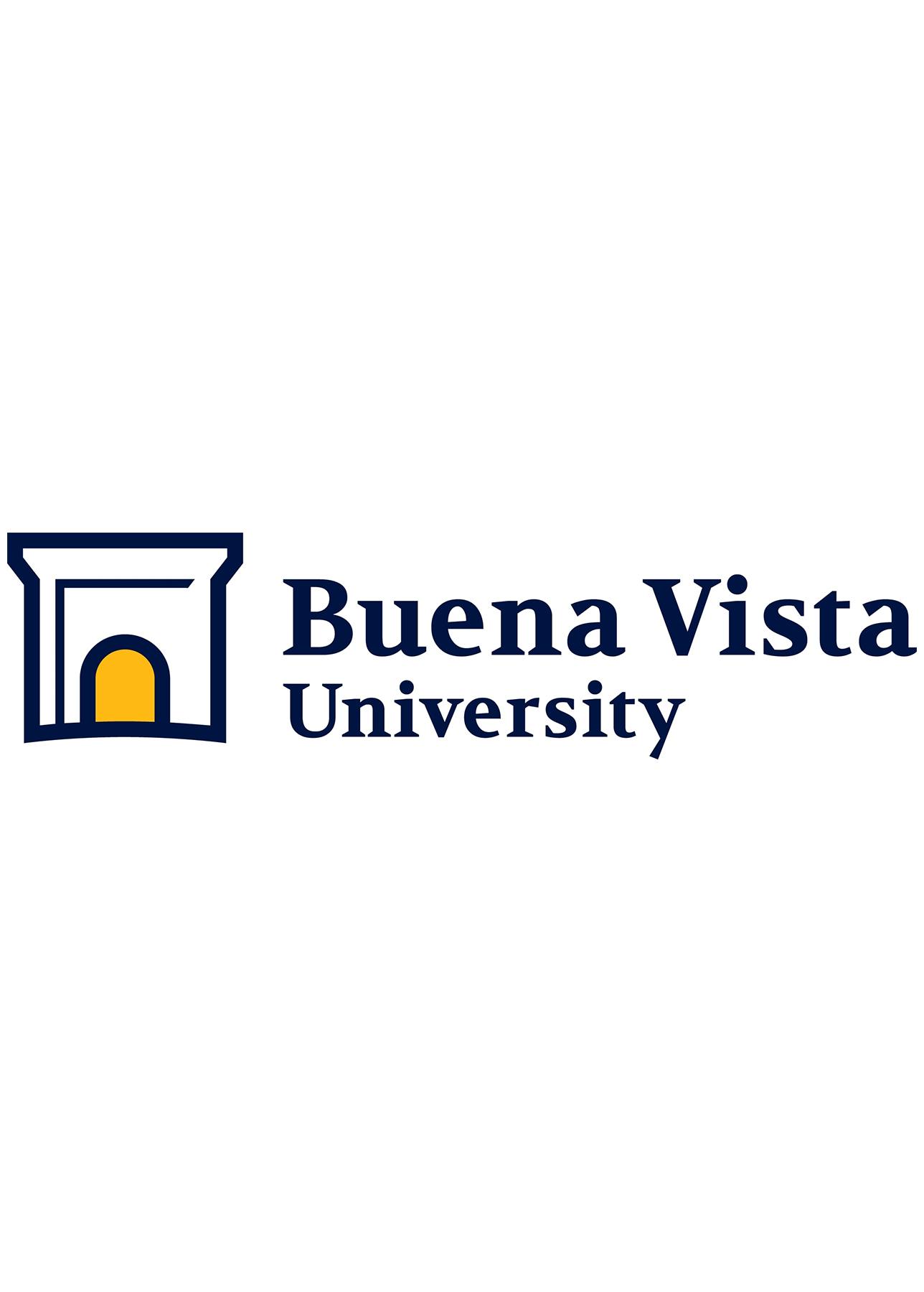
Buena Vista University
Intelligent Score: 90.54In-state: $36,426
Out-of-state: $36,426
In-state: $9,936
Out-of-state: $9,936
SAT: N/A
ACT: N/A
$475
Online
Higher Learning Commission
30-51

University of West Alabama
Intelligent Score: 89.76In-state: $9,100
Out-of-state: $18,200
In-state: $6,678
Out-of-state: $6,678
SAT: N/A
ACT: 17-22
$429
Online
Council for the Accreditation of Education Preparation
30-33
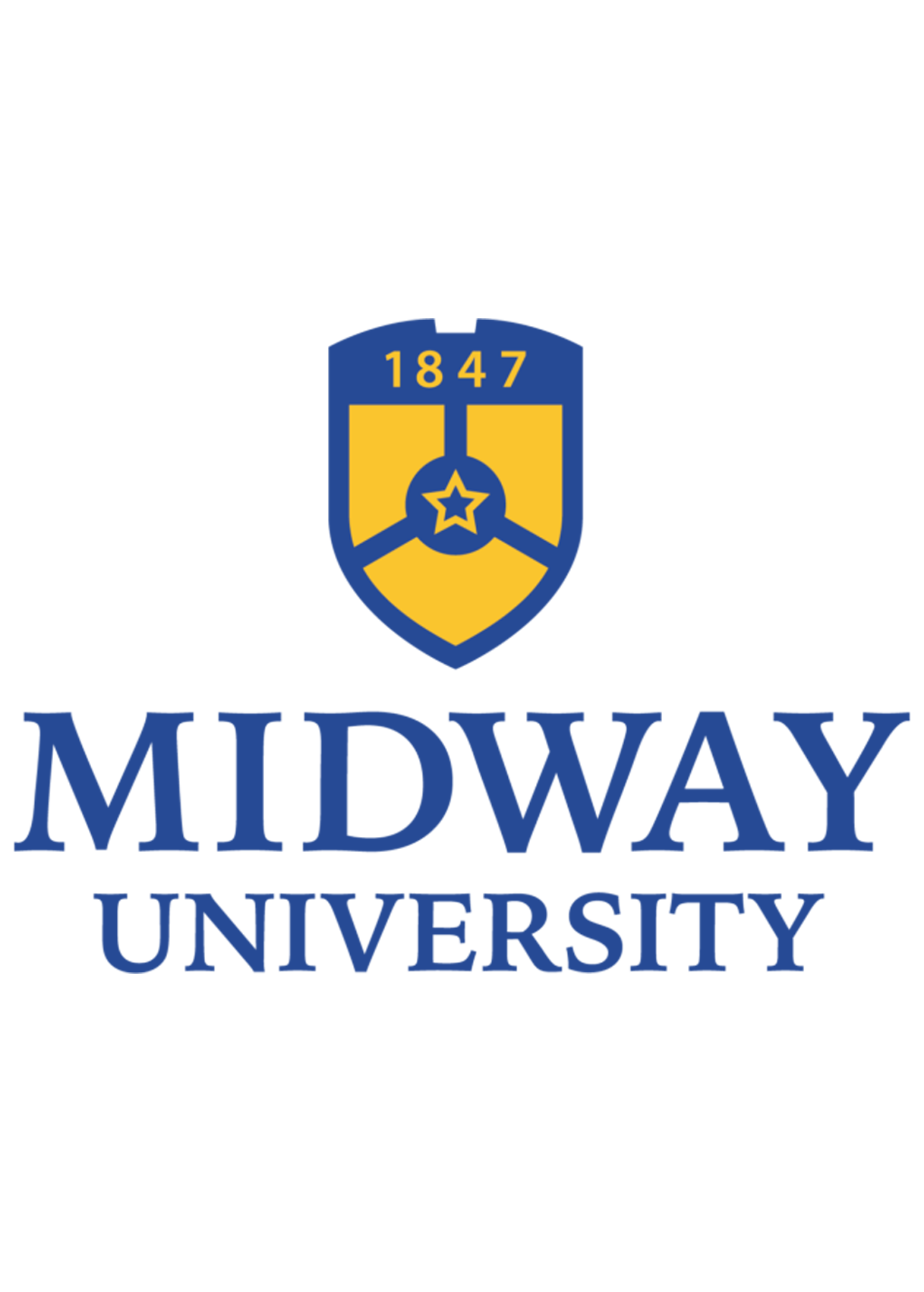
Midway University
Intelligent Score: 87.04In-state: $24,500
Out-of-state: $24,500
In-state: $6,240
Out-of-state: $6,240
SAT: 990-1170
ACT: 18-24
$295
Online
Southern Association of Colleges and Schools Commission on Colleges
30
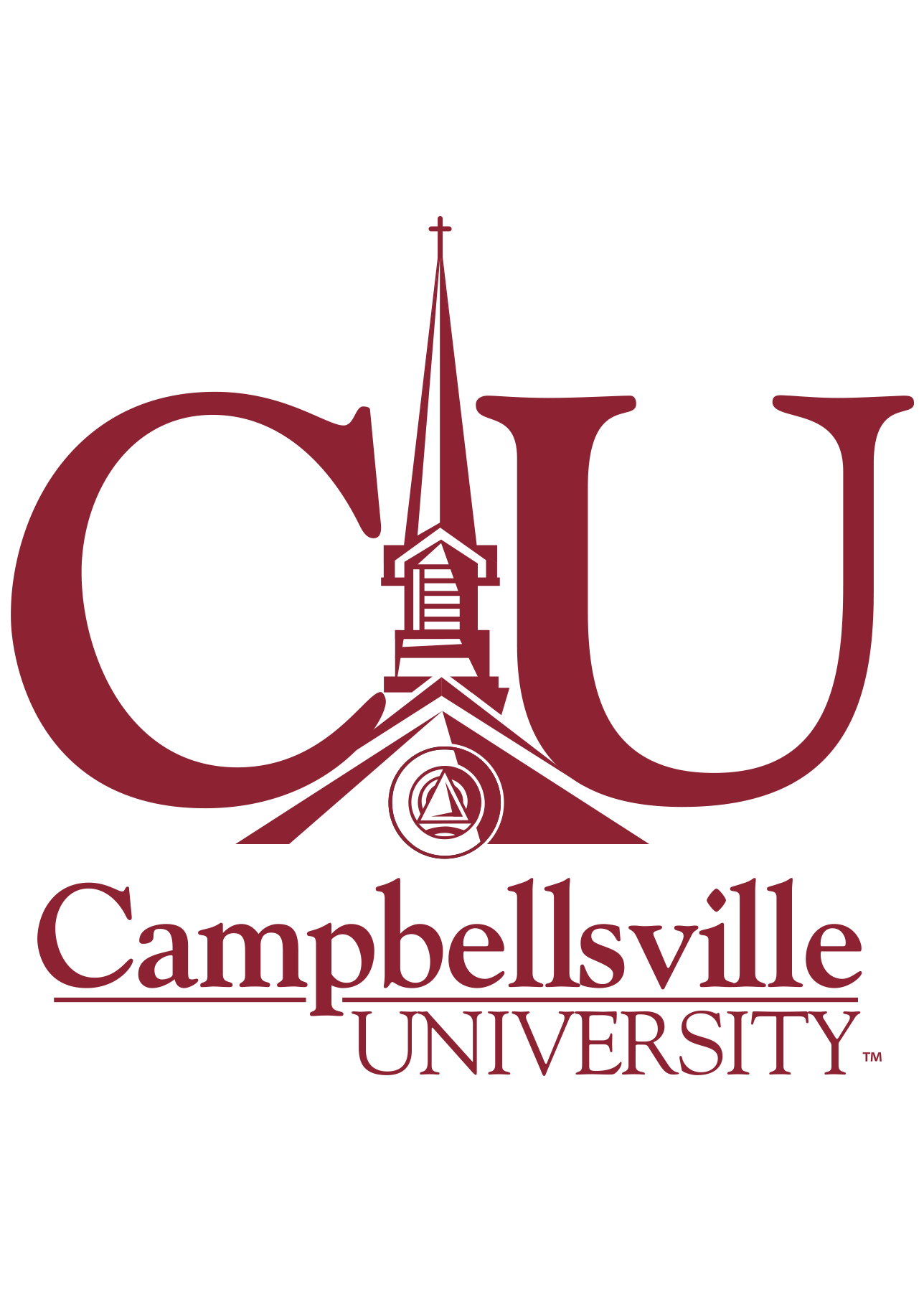
Campbellsville University
Intelligent Score: 86.83In-state: $24,900
Out-of-state: $24,900
In-state: $8,473
Out-of-state: $8,473
SAT: N/A
ACT: N/A
$319
Online
Council for the Accreditation of Education Preparation
36

The University of Texas Permian Basin
Intelligent Score: 85.81In-state: $11,448
Out-of-state: $40,032
In-state: $12,028
Out-of-state: $12,028
SAT: 1210-1470
ACT: 26-33
$390
Online
Southern Association of Colleges and Schools Commission on Colleges
30
How Much Does an Online Master’s in Education Program Cost?
The cost of an online master’s in education can vary widely depending on the institution, program format, and the student’s state of residence. According to U.S. News & World Report data, education at the graduate level can quickly add up to over $100,000, making continuing education a considerable expense.
Of course, there are many cheaper online master’s in education programs available as well, with some costing as little as a few thousand dollars. For example, some public universities offer online master’s in education programs with tuition rates as low as $4,000 to $6,000 per year. Similarly, some online colleges and universities specializing in distance education offer master’s in education programs with tuition rates under $10,000.
It’s important to note, however, that cheaper programs may sometimes offer a different level of quality or support than more expensive ones. Therefore, prospective students should carefully research their options and consider factors such as accreditation, faculty credentials, and student outcomes when choosing a program. Additionally, students can offset the cost of tuition through scholarships, grants, and other forms of financial aid, which can further reduce the amount they need to pay out of pocket.
Cost Breakdown for an Online Master’s in Education Program
In order to set a realistic budget and determine which online master’s in education degree program is right for you, it’s helpful to understand all the expenses you may incur while pursuing this degree.
- Tuition: Schools charge students tuition for access to courses and basic educational services. It’s typically assessed per credit or per term, depending on whether students are enrolled part-time or full-time. While some schools may have different tuition rates for online and in-person programs, it’s more common for them to charge the same per-credit tuition rate regardless of how students enroll. Tuition rates will vary depending on the institution and program you attend.
- Fees: Most schools charge online students some additional fees to cover services like virtual classroom technology, online library access, and tech support. Fees may be charged on a one-time or per-term basis.
- Personal technology: Online learners must invest in their own technology, including a computer, hardware upgrades, and a reliable Wi-Fi connection, to ensure their success in a program. Before school starts, assess your current technology set-up and determine if you need to upgrade any hardware or software. Check with your school to see if they partner with any retailers or brands to provide discounts on tech supplies.
- Books and supplies: Even if students are attending their programs online, they’ll usually need books and other learning materials. The Education Data Initiative reports that the average post-secondary student spent between $628 and $1200 on books during the 2021-2022 academic year, making this a significant cost that students must budget for.
It’s worth noting that online learners enjoy some cost-saving advantages over students in on-campus programs. For example, students can save money on transportation, as they don’t need to commute to campus, and can live in a more affordable area if their school is located somewhere with a high cost of living.
Factors Influencing the Cost of an Online Master’s in Education Program
If you’ve begun exploring online master’s in education degree programs, you’ve likely noticed that tuition can vary greatly between institutions. Here are the key reasons why.
Public vs. private institution
Public colleges typically have two tuition rates: one for students who reside in the state where the school is located and one for students who are from out-of-state. This is because public schools use state tax dollars to fund their operations. Resident students pay a lower tuition rate because they have already subsidized part of their tuition through taxes. However, some online degree programs charge all students the in-state tuition rate, regardless of where they live. Meanwhile, private colleges charge all students the same tuition rate regardless of residency, as they don’t receive any tax revenue. Because private colleges rely more heavily on tuition as a source of revenue, they tend to have higher tuition rates than public colleges.
Non-profit vs. for-profit
Another college classification status is non-profit and for-profit. All public and most private universities are non-profit, which means they must reinvest revenue into the institution through faculty and staff salaries, infrastructure, student services, and more. For-profit schools operate like corporations, with the primary goal of earning a profit. For-profit schools often have lower tuition rates than non-profit schools. However, because these types of colleges typically invest less in faculty, infrastructure, and other student resources, students at for-profit schools may receive a different quality of education than those at non-profits. Students considering for-profit schools should carefully review how the institution invests its money and its student outcomes.
Student military status
Many schools offer discounted tuition rates to students who are currently serving in the military or are veterans. Spouses and children of active-duty service members and veterans may also be eligible for special tuition rates. Students who think they might be eligible should consult the school’s financial aid office for more information.
Number of credits and completion time
Simply put, the longer you’re enrolled in a degree program, the more you’ll end up paying. The total number of credits for online master’s in education degree programs varies, typically from 30-60 credits. Students should look at the program’s total credit requirements and per-credit tuition rate to determine the overall cost of the program.
How to Pay for an Online Master’s in Education Degree
Employer tuition assistance
Educators who are earning their online master’s in education degree while working should inquire with their employer about tuition assistance benefits. Many employers offer these types of benefits to help employees build new skills, covering part or all of an employee’s education costs. This assistance can significantly reduce the financial burden on students, making higher education more accessible.
Out-of-pocket
When students pay for tuition and other related expenses with their own money, it’s considered paying out-of-pocket. Most students will use some of their own funds to pay for school, supplementing that with other forms of financial aid. Some universities offer payment plans that break down tuition into manageable installments, making it easier for students to use their own income to pay for school.
Federal student loans
Students can borrow money to pay for tuition and other educational expenses through the Department of Education’s federal student loan program. Graduate students are eligible for Direct Unsubsidized Loans, with interest rates and repayment terms set by Congress. Students apply for student loans and other forms of federal student aid by submitting the Free Application for Federal Student Aid (FAFSA) to determine their eligibility for federal student loans. More information about the FAFSA is available in our Ultimate FAFSA Guide.
Private education loans
Many private lenders, such as SoFi, Ascent, and Sallie Mae, also offer education loans. These types of loans differ from federal student loans in that interest rates and repayment terms are determined by current market rates and borrowers’ credit history. Therefore, they may be less favorable than terms from federal student loans. Students who plan to use private education loans to help fund their education should keep an eye on interest rates and shop around to help them find the most favorable terms.
Scholarships and grants
These two types of funding are known as gift aid because they don’t have to be repaid. Scholarships may be awarded based on financial need or individual merit. Grants are typically only awarded to students who have a demonstrated financial need. As part of the Federal Student Aid program, students who plan on becoming teachers may be eligible for a TEACH Grant to help offset postsecondary education costs. You can likely find scholarships at your university or from private foundations, community organizations, and corporate sponsorships.
Work-study
Work-study programs can help students pay for their education by working part-time jobs on or off campus. To apply, simply indicate your interest in work-study on the FAFSA. Eligibility depends on financial need, and the school’s financial aid office can help determine if you qualify. Many institutions offer multiple positions, making it easier for students to find roles that align with their career goals and financial needs.
Scholarship Database
Intelligent Scholarship Finder Tool
"A Helping Hand" Scholarship
Award Amount: $500
Due Date: January 31, 2025
"Follow Your Own Path" Essay Scholarship
Award Amount: $500
Due Date: January 31, 2025
"Tuition Solution" Scholarship for STEM Students
Award Amount: $500
Due Date: January 31, 2025
$25k "Be Bold" No-Essay Scholarship
Award Amount: $25,000
Due Date: Closed for 2024
(ISC) Graduate Cybersecurity Scholarship
Award Amount: $5,000
Due Date: Closed for 2024
(ISC) Women in Information Security Scholarship
Award Amount: $5,000
Due Date: Closed for 2024
A.C. "Kate" & Leo Joseph Merlone St. Dominic Catholic Church of Saginaw Member Scholarship
Award Amount: Varies
Due Date: Closed for 2024
A.C. "Kate" & Leo Joseph Merlone Teaching Scholarship
Award Amount: Varies
Due Date: Closed for 2024
a/e ProNet David W. Lakamp Scholarship
Award Amount: $5,000
Due Date: Closed for 2024
AAAE Native American Scholarship
Award Amount: $1,500
Due Date: March 15, 2025
What Can You Do With a Master’s in Education Degree?
A master’s in education degree can help educators develop advanced teaching skills or prepare for leadership roles in administration, curriculum design, educational technology, and more. Your own specific interests and aptitudes will be the primary guide as to what you do after earning this degree.
A common career path for individuals with a master’s education is to pursue roles in administration, such as principal, vice-principal, superintendent, or department director. While individuals in these roles don’t spend much time in the classroom, they manage the day-to-day operations of schools and school districts, with tasks including decision-making, discipline, and curriculum oversight.
Others remain in the classroom, where their advanced degree can increase their earning potential. According to the National Center for Education Statistics (NCES), the average base salary for public elementary and secondary school teachers with a master’s degree was $67,000 in the 2020-21 academic year, compared to $52,500 for teachers with a bachelor’s degree.
A master’s in education can also be a stepping stone to a doctorate in education or a related area, such as curriculum and instruction or educational leadership.
Career Outlook
- School principals — Supervise school operations, coordinate curriculums, manage staff, and provide a safe and productive learning environment for students.
- Median annual salary: $103,460
- Projected employment growth (through 2032): 0%
- New jobs projected: 20,200 per year
- Instructional coordinators — Oversee school curriculums and teaching standards, develop educational material, implement it with teachers and principals, and assess its effectiveness.
- Median annual salary: $74,620
- Projected employment growth (through 2032): 2%
- New jobs projected: 19,200 per year
- Postsecondary education administrators — Direct student services, academics, and faculty research at colleges and universities, with job duties that vary depending on the department in which they work, such as admissions, student affairs, or the registrar’s office.
- Median annual salary: $102,610
- Project employment growth (through 2032): 4%
- New jobs projected: 15,300 per year
How to Choose the Online Master’s in Education Program that’s Right for You
Clarify your needs and goals
Clarifying your career goals is an essential step in choosing the online master’s in education program that best meets your needs. Consider whether you want to focus on classroom teaching, institutional leadership, curriculum development, counseling, or another area. This will help you identify programs that offer the type of specialization you’re seeking. Also, think about where you ultimately plan on working, as different states have different educational requirements for teaching licensure.
Another consideration is what kind of online master’s in education program will best fit your life and learning style. Determine whether you prefer synchronous or asynchronous learning and if you can commit to full- or part-time study. Asynchronous programs offer more flexibility but require more accountability and self-motivation. Synchronous programs may be a better option for students who learn best through real-time interaction and need regular check-ins with instructors and classmates to stay on track.
Research schools and programs
When researching schools and programs, verifying institutional and programmatic accreditation is vital. Institutional accreditation ensures that the school offers the highest quality of education and is eligible for federal aid, while programmatic accreditation through the Council for the Accreditation of Educator Preparation (CAEP) verifies that the program meets industry standards for preparing teachers and education professionals.
Other questions to ask during the research process include:
- Who are the faculty members, and what are their credentials?
- What does the program’s curriculum include?
- Are there any in-person requirements, such as student teaching?
- What support services does the school offer online students?
- Are there networking opportunities for online students?
- How affordable is the school compared to your other options?
The answers to these questions can generally be found on a school’s website or by contacting their admissions office. If virtual open houses or information sessions are available, attending these can provide an opportunity to get a closer look at a program and its pros and cons.
Review application and eligibility requirements
Lastly, take a close look at the application procedures and eligibility requirements for the schools you’re considering to ensure you have the right qualifications for the program. This information is typically published on a school’s website, but you can also contact the school’s admissions office for clarification if necessary. Application processes and eligibility requirements will vary by program.
Some common eligibility criteria for online master’s in education programs include a bachelor’s degree in education, a current teaching license, and a minimum undergraduate GPA.
To apply to an online master’s in education degree program, students must typically submit the following:
